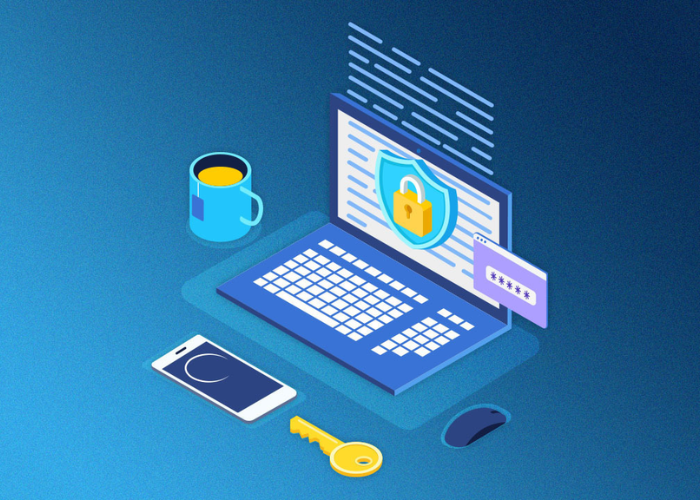Protecting your online privacy and security is essential for anyone who uses the internet. With the increasing number of cyber-attacks and data breaches, it is essential to take the necessary steps to ensure that your online presence and data are secure. In this article, we will discuss what online privacy and security are, how to protect it, and some tips to maintain the best level of online protection.
What Is Online Privacy and Security?
Online privacy and security are two related concepts. Online privacy is the ability to control who can access your data and personal information. It includes the right to remain anonymous and being able to choose what information you share with others. Online security, on the other hand, is the ability to protect your data from unauthorized access, misuse, and destruction.
How to Protect Your Online Privacy?
There are several steps you can take to protect your online privacy. Here are some of the most important ones:
- Use strong passwords: A strong password is the first line of defense against cyber-attacks. It should be at least eight characters long and contain a mix of upper and lower case letters, numbers, and special characters.
- Keep your passwords private: Don’t share your passwords with anyone else, even if they are family or friends. Additionally, you should never write them down or store them in an unsecured place.
- Use two-factor authentication: Two-factor authentication (2FA) is an extra layer of security that requires you to enter a code sent to your phone or email before you can access your account. It makes it much harder for someone to gain unauthorized access to your accounts.
- Use a virtual private network (VPN): A VPN encrypts your data and helps to protect your online privacy. It also masks your IP address so that it is harder to track your location and activities online.
- Use private browsing: Private browsing mode prevents websites from tracking your activities and prevents your search history from being stored. It also prevents you from having to log in multiple times when using the same website.
How to Protect Your Online Security?
Update your software regularly: Make sure that all of your software, including your operating system and web browsers, are up-to-date. Outdated software can contain security vulnerabilities that can be exploited by hackers.
Use antivirus software: Antivirus software can detect and remove malware and viruses that can be used to gain access to your computer or steal your data.
Be aware of phishing scams: Phishing scams are attempts to trick you into giving away personal information or downloading malicious software. Be wary of emails and links that seem suspicious and never click on links or download attachments from unknown sources.
Use secure websites: When you are conducting online transactions, make sure that the website is secure. Look for the at the beginning of the URL and a lock icon in the address bar.
Be careful when using public Wi-Fi: Public Wi-Fi networks are not always secure, so don’t access sensitive information or enter passwords while connected to them.
Tips for Maintaining the Best Level of Online Protection
Use a password manager: Password managers can help you to create and store strong passwords for all of your online accounts.
Use encryption: Encryption is a way of scrambling data so that it is unreadable to anyone who does not have the key. It can help to protect your data from being accessed by unauthorized users.
Monitor your credit report: It is important to regularly check your credit report for any unauthorized activity. You can check your credit report for free once a year from each of the three major credit bureaus.
Be aware of data breaches: It is important to be aware of any data breaches that may have occurred and take action to protect yourself. Make sure that you are using unique passwords for each of your accounts and that you are monitoring any accounts that may have been affected.
Conclusion
Protecting your online privacy and security is essential for anyone who uses the internet. Taking the necessary steps to protect your data and personal information can help to keep you safe from cyber-attacks and data breaches. Following the steps outlined in this article can help you to maintain the best level of online protection.


